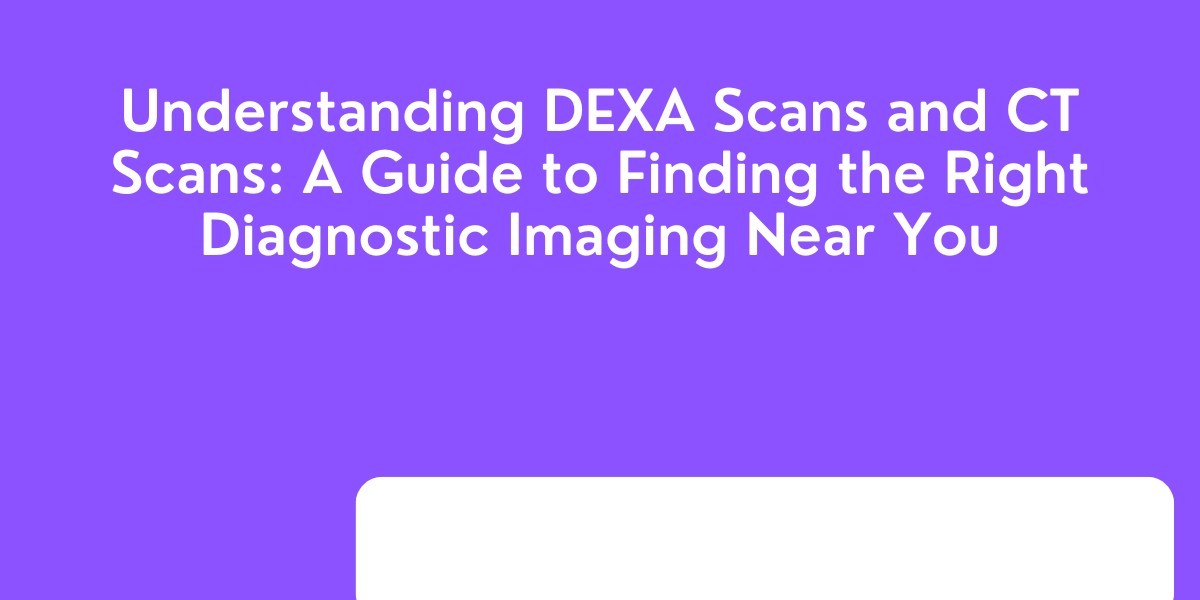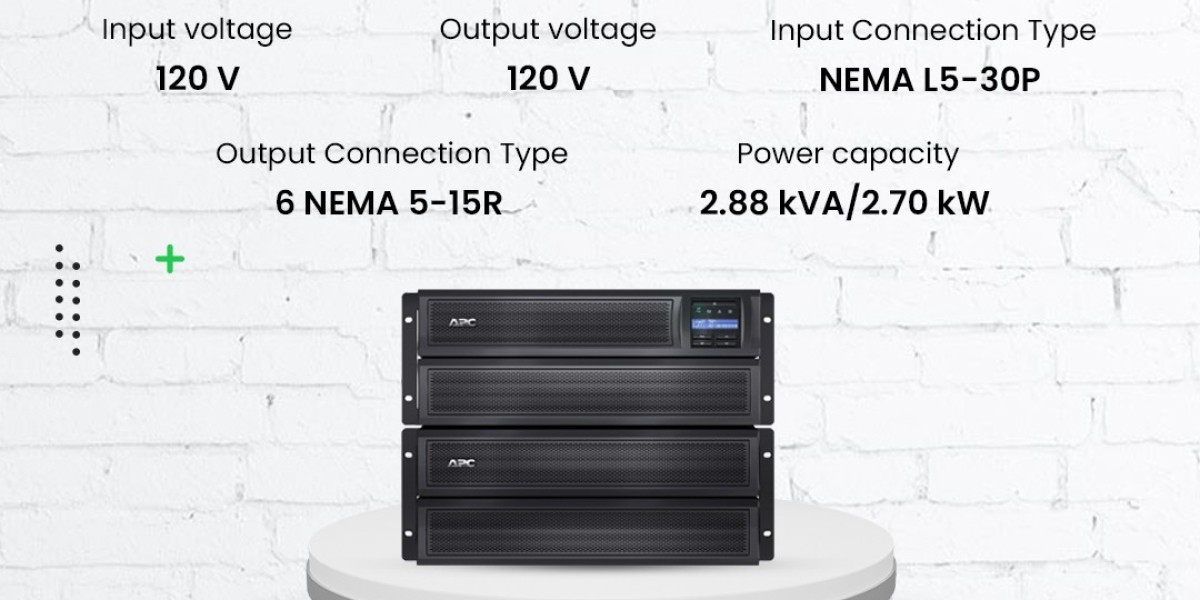In today's advanced medical landscape, diagnostic imaging plays a crucial role in diagnosing and monitoring various health conditions. Among the most common and essential imaging techniques are DEXA scans and CT scans. If you find yourself searching for "DEXA scan" or "CT scan near me," it’s important to understand what these scans are, their purposes, and how to locate a reliable facility near you.
What is a DEXA Scan?
A Dual-Energy X-ray Absorptiometry (DEXA) scan is a specialized imaging technique used primarily to assess bone density. It is the gold standard for diagnosing osteoporosis and determining fracture risk. The scan uses low levels of X-rays to measure the amount of bone mineral density (BMD), providing valuable information about bone health. DEXA scans are quick, non-invasive, and involve minimal radiation exposure, making them safe for routine use.
Who Needs a DEXA Scan?
- Postmenopausal women and men over 50 at risk for osteoporosis.
- Individuals with a history of fractures.
- Patients on long-term steroid therapy.
- People with conditions that affect bone density, such as rheumatoid arthritis or chronic kidney disease.
Preparing for a DEXA Scan
- Wear loose, comfortable clothing without metal zippers or buttons.
- Avoid calcium supplements for at least 24 hours before the scan.
- Inform the technician if you have recently had a barium exam or contrast injection for a CT scan or MRI.
What is a CT Scan?
A Computed Tomography (CT) scan, also known as a CAT scan, is a more advanced imaging technique that uses X-rays and computer processing to create detailed cross-sectional images of the body. It is used to diagnose and monitor a wide range of conditions, from fractures and infections to cancers and cardiovascular diseases. CT scans provide more detailed information than regular X-rays, allowing for a comprehensive examination of bones, organs, and tissues.
Who Needs a CT Scan?
- Patients with symptoms suggesting internal injuries or infections.
- Individuals needing a detailed assessment of tumors or masses.
- Patients requiring imaging for complex bone fractures.
- Those with unexplained abdominal pain or other internal issues.
Preparing for a CT Scan
- Follow specific instructions regarding fasting if the scan requires contrast material.
- Remove any metal objects, including jewelry and eyeglasses.
- Inform the technician of any allergies, particularly to contrast dyes, or if you are pregnant.
Finding a "DEXA Scan" or "CT Scan Near Me"
Locating a reliable facility for your imaging needs is crucial for accurate diagnosis and treatment. Here are some steps to help you find the right place:
- Consult Your Doctor: Your primary care physician or specialist can recommend a reputable imaging center and provide a referral if necessary.
- Insurance Coverage: Check with your insurance provider to find in-network facilities to minimize out-of-pocket costs.
- Online Search: Use search engines and healthcare directories to find “DEXA scan” or “CT scan near me.” Websites like Healthgrades, Zocdoc, and Vitals can provide patient reviews and ratings of local facilities.
- Verify Accreditation: Ensure the facility is accredited by relevant authorities, such as the American College of Radiology (ACR), to guarantee high standards of care and technology.
- Ask About Technology: Inquire about the type of equipment used and ensure the facility employs up-to-date and well-maintained technology for accurate results.
Conclusion
Whether you need a DEXA scan to assess your bone health or a CT scan for a more detailed examination of your internal organs, understanding these imaging techniques and knowing how to find the right facility is essential. By consulting your healthcare provider, verifying insurance coverage, and researching local options, you can ensure that you receive the best possible care for your diagnostic needs.








